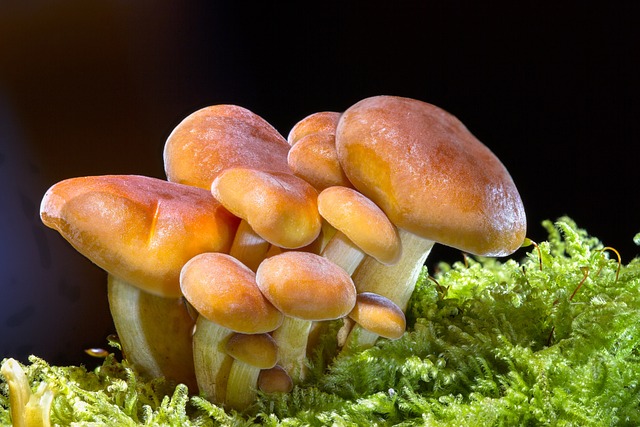Introduction
Probiotics are living microorganisms that are beneficial to our health. They are usually found in fermented foods and supplements. These microorganisms have become popular in recent years due to their ability to improve gut health, boost the immune system, and help with various digestive issues.
How Probiotics Improve Gut Health
The gut is home to trillions of bacteria, both good and bad. The balance between these two types of bacteria is crucial for maintaining a healthy gut. When the bad bacteria outnumber the good ones, it can result in digestive problems, such as bloating, constipation, and diarrhea.
Probiotics work by restoring the balance of good and bad bacteria in the gut. They also help in breaking down food and absorbing nutrients, which leads to better digestion and overall gut health.
The Benefits of Taking Probiotics
Probiotics have many benefits, including:
- Improved Digestion: Probiotics help in breaking down food and absorbing nutrients, which leads to better digestion.
- Boosted Immune System: Research has shown that probiotics can boost the immune system and help prevent infections.
- Reduced Inflammation: Probiotics can help reduce inflammation in the gut, which can lead to a host of health problems.
- Better Mental Health: Studies suggest that the gut-brain connection is real and that probiotics can play a role in improving mental health.
Types of Probiotics
There are many different types of probiotics, including:
- Lactobacillus: This is the most common type of probiotics and is usually found in dairy products.
- Bifidobacterium: This type of probiotics is usually found in the intestines and can improve digestion.
- Saccharomyces boulardii: This is a yeast probiotic that can help with diarrhea and other digestive issues.
Sources of Probiotics
Probiotics can be found in many different foods, including:
- Yogurt: Yogurt is one of the best sources of probiotics, especially if it contains live and active cultures.
- Kefir: Kefir is a fermented milk drink that contains probiotics.
- Kombucha: Kombucha is a fermented tea that contains probiotics.
- Sauerkraut: Sauerkraut is a fermented cabbage dish that contains probiotics.
- Miso: Miso is a Japanese seasoning that contains probiotics.
Probiotic Supplements
If you’re not a fan of probiotic-rich foods, you can also take probiotic supplements. These supplements come in many different forms, including capsules, tablets, and powders.
When choosing a probiotic supplement, it’s important to look for one that contains a variety of strains and a high amount of colony-forming units (CFUs). The CFUs indicate the amount of live bacteria in the supplement.
Conclusion
Probiotics are living microorganisms that are beneficial to our health, especially our gut health. They can be found in many different foods and supplements. Adding probiotics to your diet can help improve digestion, boost the immune system, and reduce inflammation. It’s important to choose a variety of probiotic strains and a high CFU count when selecting a probiotic supplement.







